Will we see a free, fair election after all?
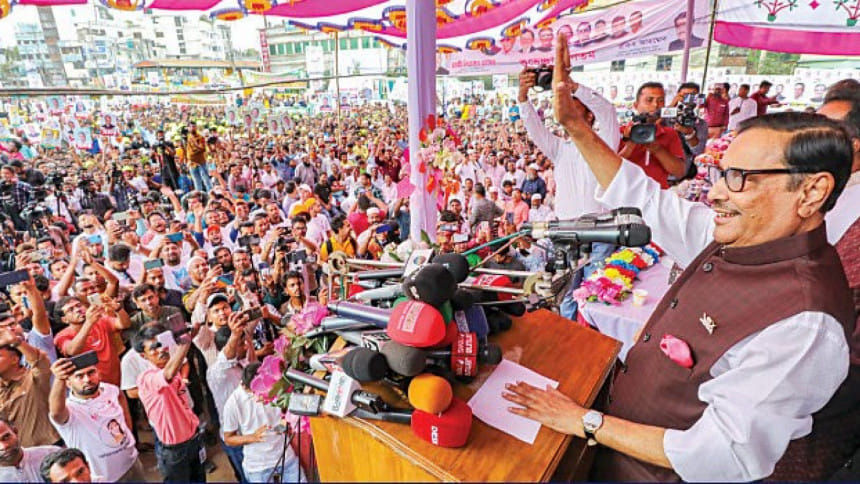
Awami League General Secretary Obaidul Quader declared at a party rally earlier this week that "the deal had been sealed." His speech was rife with the suggestion of an agreement being struck before anyone got the wind of it. "Delhi is there and the US needs Delhi. so, Delhi is there, and so are we… Bangabandhu's daughter Sheikh Hasina has balanced [relationships] with everyone; there is no need to worry," he said.
His statement suggests that a green signal from powerful foreign quarters was all the ruling party was waiting for, despite the rhetoric in recent months. One cannot help but note that Quader had a brazen attitude and lacked any embarrassment about the vitriol his party had been spewing against the US for quite some time now. Many have suggested that, quite like the anti-US rhetoric of these past few months, the announcement of having struck a deal was also just empty posturing without any substance to back it up.
But the inherent contradiction between Quader's words and those of his cabinet colleague can hardly be overlooked. Foreign Minister Dr AK Abdul Momen said if necessary, Bangladesh would impose sanctions on those who imposed sanctions on Bangladesh. We know that the US government has started the process of imposing visa restrictions on those who would hinder the democratic process in Bangladesh. So, his statement was clearly directed at the US, a country with which a deal had been made, at least according to his party's general secretary!
This is a clear indication that there is tension within the ruling party. These statements from Quader and Momen came just as Prime Minister Sheikh Hasina returned home, having wrapped up her visit to the US and UK. It is also at this point that another bit of news has further muddied the waters. The European Union announced last week that it would not be sending a fully fledged election observer team for the next election, which is their way of saying that they are not happy with the atmosphere leading up to the election, and the election is unlikely to be inclusive, fair or free. The EU did not send observers in the 2018 election either. They made some observations post-elections, but nothing that would strain their relationship with the government, although they knew about the numerous allegations of vote rigging and ballot stuffing on the eve of election day. In the last election, BNP and other opposition parties joined the polls, but this time, BNP has declared it will not take part in the election if it's overseen by the Awami League government. That has put pressure on the government to hold a free and fair election, and it is increasing every day.
The EU's decision not to send observers could be interpreted in two ways. First, the Election Commission and the ruling party could claim that they invited the observers to show that they were not trying to hold a rigged election, but the EU decided against it, apparently not interested to see it for themselves. Second, if the EU does not have a full election observer team on the ground, they will not have the manpower to be able to collect the information that they should. Whether to commend or to criticise the polls, the EU would need to have enough people on the ground, which they won't according to their latest decision. There are comments that it may in fact be the encouragement that the ruling party needs to organise an election that will make them "proud."
Against this backdrop, a pre-election assessment team from the US will start their visit to Bangladesh on October 7. This team will also decide on whether to send election observers after speaking with various stakeholders. In such a situation, the chief election commissioner's latest remarks questions his sincerity of holding a free and fair election even further. He said the Election Commission was not concerned about the election's legitimacy, but its legality. He also said the EC would not bother about who participated in the polls and who didn't as the election could be called "participatory" if voters cast their votes.
What is perhaps more alarming is that the CEC has thus far tried to remain conciliatory without showing too strong a resolve to bring all parties to the table. He has expressed himself as somewhat malleable, so this sudden hardening of his stance could only mean that he is doing so at the bidding of the powers that be.
Taken together with the Awami League spokesperson's announcements, the CEC's stance could be a hint that we might be heading towards yet another election that might dispense with the need to include all major parties. It may comfort the ruling party to have struck deals with foreign powers to win for another term, but it certainly does not bode well for us or our democracy.
Mohammad Al-Masum Molla is chief reporter at The Daily Star.
Views expressed in this article are the author's own.
Follow The Daily Star Opinion on Facebook for the latest opinions, commentaries and analyses by experts and professionals. To contribute your article or letter to The Daily Star Opinion, see our guidelines for submission.

 For all latest news, follow The Daily Star's Google News channel.
For all latest news, follow The Daily Star's Google News channel. 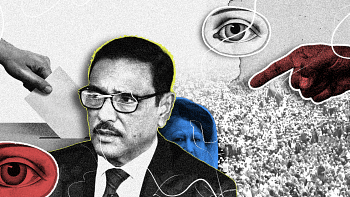
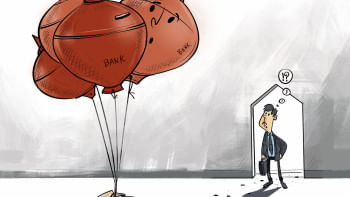
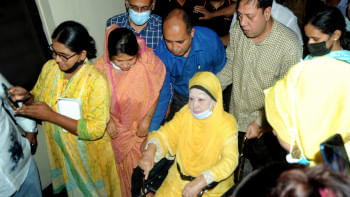



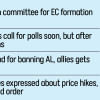
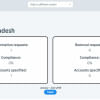
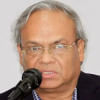



Comments